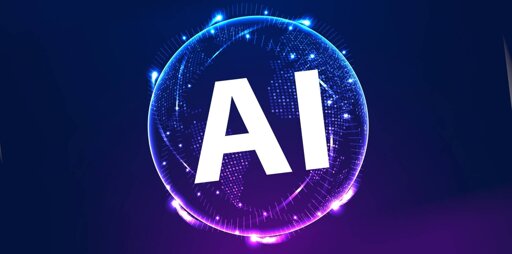Opinionated article by Alexander Hanff, a computer scientist and privacy technologist who helped develop Europe’s GDPR (General Data Protection Regulation) and ePrivacy rules.
We cannot allow Big Tech to continue to ignore our fundamental human rights. Had such an approach been taken 25 years ago in relation to privacy and data protection, arguably we would not have the situation we have to today, where some platforms routinely ignore their legal obligations at the detriment of society.
Legislators did not understand the impact of weak laws or weak enforcement 25 years ago, but we have enough hindsight now to ensure we don’t make the same mistakes moving forward. The time to regulate unlawful AI training is now, and we must learn from mistakes past to ensure that we provide effective deterrents and consequences to such ubiquitous law breaking in the future.
It’s more like “Slapping on the wrist isn’t helping.” The Alex Jones bankruptcy is the first time I’ve seen anyone fined significantly to the point of it mattering. Fines are meant to be significant enough that the company would do its best to avoid them. If the fine is palpable, then it’s just the cost of doing business.
I’d argue Alex Jones is completely different in the eyes of the law. His Sandy Hook case and subsequent bankruptcy are very different than the fines levied against tech companies. Which is why there’s a huge difference. In general, crimes that done physically hurt people have less consequences. And that should change. Fining these companies a significant amount, so that they can no longer be considered a line item on the budget would be a good start. There definitely needs to be a change. But I’m no expert to truly evaluate what changes would be effective.
Strongly agree. Legislators have to come up with a way to handle how copyright works in conjunction with AI. I think it’s a sound approach to say companies can’t copyright it and keep it to themselves, if most of what went in was other people’s copyrighted work.
And it’d help make AI more democratic. I.e. not just entirely dominated by the motives of those super rich companies who have the millions of dollars to do it.
That’s stupid. The damage is still done to the owner of that data used illegally. Make them destroy it.
But when you levy such miniscule fines that are less than they stand to make from it, it’s just a cost of business. Fines can work if they were appropriate to the value derived.
I guess the idea is that the models themselves are not infringing copyright, but the training process DID. Some of the big players have admitted to using pirated material in training data. The rest obviously did even if they haven’t admitted it.
While language models have the capacity to produce infringing output, I don’t think the models themselves are infringing (though there are probably exceptions). I mean, gzip can reproduce infringing material too with the correct input. If producing infringing work requires both the algorithm AND specific, intentional user input, then I don’t think you should put the blame solely on the algorithm.
Either way, I don’t think existing legal frameworks are suitable to answer these questions, so I think it’s more important to think about what the law should be rather than what it currently is.
I remember stories about the RIAA suing individuals for many thousands of dollars per mp3 they downloaded. If you applied that logic to OpenAI — maximum fine for every individual work used — it’d instantly bankrupt them. Honestly, I’d love to see it. But I don’t think any copyright holder has the balls to try that against someone who can afford lawyers. They’re just bullies.
Yeah, the only threat to Big Tech is that they might sink a lot of money into training material they’d have to give away later. But releasing the material into the Public Domain is not exactly an improvement for the people whose data and work has been used without consent or payment.
“Congratulations, your rights are still being violated, but now the data is free to use for everyone”.
I’d argue it’s not useless, rather, it would remove any financial incentive for these companies to sink who knows how much into training AI. By putting them on the public domain, they would loose their competitve advantage over other cloud providers who could exploit it all the same, all the while not disturbing the current usage of AI.
Now, I do agree that destroying it would be even better, but I fear something like that would face too much force back by the parts of civil society who do use AI.



